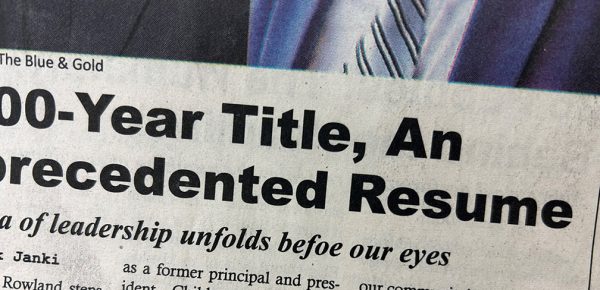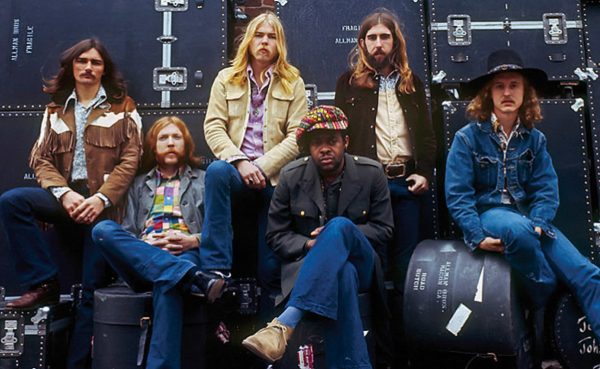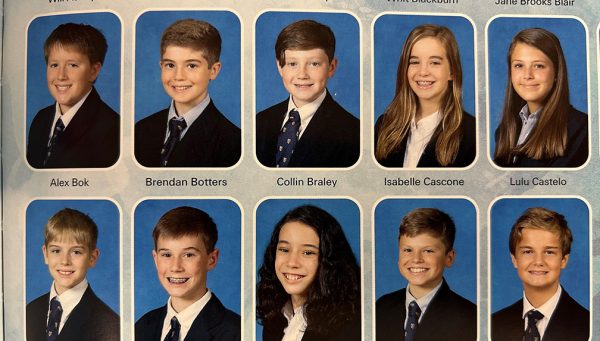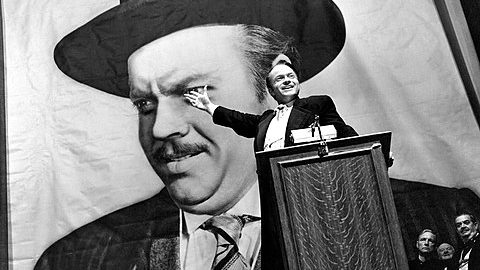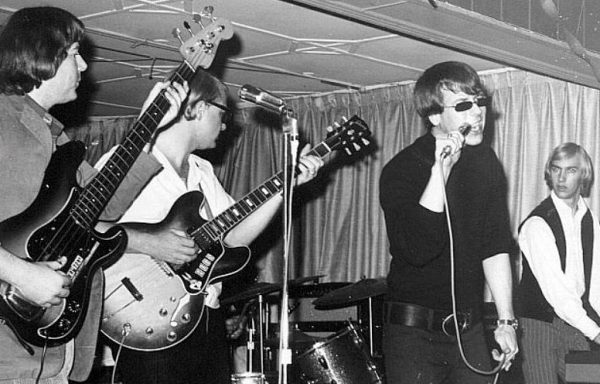Of Course Mr. Darcy Listens to The Smiths!
Ever wondered which albums your favorite literary characters listen to?
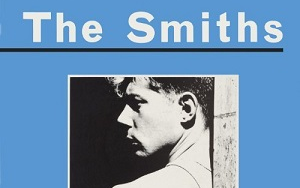
Feb 27, 2021
Music sets people alight, but we are all particular with our choices. For one person, the sublime intensity of Mozart’s work may be the sun itself, but another individual might prefer Pink Floyd’s “Dark Side of The Moon.” So, who’s to say that the characters we meet on dog-eared, annotated pages don’t have their own preferences?
Take Jane Austen’s novel “Pride and Prejudice,” for example. It’s probably a “truth universally acknowledged” that 80s English rock band The Smiths is Mr. Darcy’s most treasured. I mean, who can blame him! Romance during the Regency Era surely required a few melodramatic tunes. Maybe more than a few, if you consider the hefty amount of broken hearts.
Today is the day you catch one more glimpse into the minds of an English class’s most beloved protagonists: through their speculated music taste, of course.
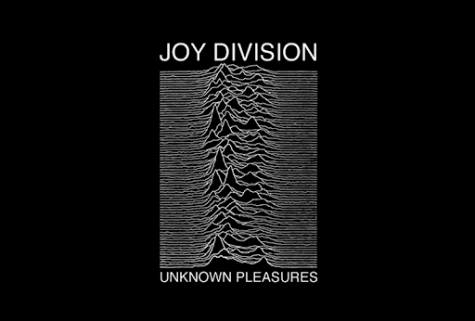 To begin with the embodiment of teenage angst, J.D Salinger’s character of Holden Caulfield, without a doubt, is a die-hard Joy Division fan. With the cacophonous melody and defiant lyrics of the post-punk band’s hit album “Unknown Pleasures,” it isn’t crazy to imagine Holden listening to it on repeat while walking down Broadway street. In fact, he’d probably write a whole chapter as to how Joy Division allows him to escape the reality of growing up. “Disorder” and “She’s Lost Control” both project emotional crises in a rebellious nature—perfectly suited to Caulfield as he makes his way through the tribulations of (almost) adulthood.
To begin with the embodiment of teenage angst, J.D Salinger’s character of Holden Caulfield, without a doubt, is a die-hard Joy Division fan. With the cacophonous melody and defiant lyrics of the post-punk band’s hit album “Unknown Pleasures,” it isn’t crazy to imagine Holden listening to it on repeat while walking down Broadway street. In fact, he’d probably write a whole chapter as to how Joy Division allows him to escape the reality of growing up. “Disorder” and “She’s Lost Control” both project emotional crises in a rebellious nature—perfectly suited to Caulfield as he makes his way through the tribulations of (almost) adulthood.
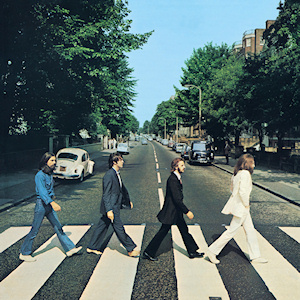 The world of Ray Bradbury’s “Fahrenheit 451” is a frightening one. This dystopian novel’s main character, Guy Montag, slowly becomes the rebel he was taught to hate as he finds solace in forbidden books; they were his source of true intellectual substance when the world allowed none. Thus, if Montag ever found a dusty CD of the Beatles’ “Abbey Road” hidden between the pages of a half-scorched book, I’m quite sure he’d keep it, stare at the four men walking in an oddly idyllic background, and later obsess over the music’s lyrical genius. “Something” and “Here Comes the Sun” would likely give Montag the hopeful meaningfulness of life he so desperately desires. He’d absolutely listen to this album to keep a piece of happiness in a dark world.
The world of Ray Bradbury’s “Fahrenheit 451” is a frightening one. This dystopian novel’s main character, Guy Montag, slowly becomes the rebel he was taught to hate as he finds solace in forbidden books; they were his source of true intellectual substance when the world allowed none. Thus, if Montag ever found a dusty CD of the Beatles’ “Abbey Road” hidden between the pages of a half-scorched book, I’m quite sure he’d keep it, stare at the four men walking in an oddly idyllic background, and later obsess over the music’s lyrical genius. “Something” and “Here Comes the Sun” would likely give Montag the hopeful meaningfulness of life he so desperately desires. He’d absolutely listen to this album to keep a piece of happiness in a dark world.
Let’s return to stoic Mr. Darcy, who maintains a taciturn guise amidst heartbreak and high society drama. I truly believe that he would secretly idolize the spectacular discography of The Smiths as their lyrics can resonate with any man afraid to be outwardly ruffled by romantic distress. In particular, he’d have an affinity for their 1984 album “Hatful of Hollow.” Not only does the title allude to the appearance he puts on the save face, but songs like “What Difference Does it Make?” and “Heaven Knows I’m Miserable Now” let Darcy loosen up and genuinely feel his internalized tensions with Elizabeth. The feelings he hides throughout the novel can be found in the lyrics of these songs—love, hate, angry disregard, and any others that one experiences when you get rejected by the love of your life. However, I’d like to think that the beautiful words of The Smiths would have been the thing that pushed him off the pedestal of pride and towards a second chance.




